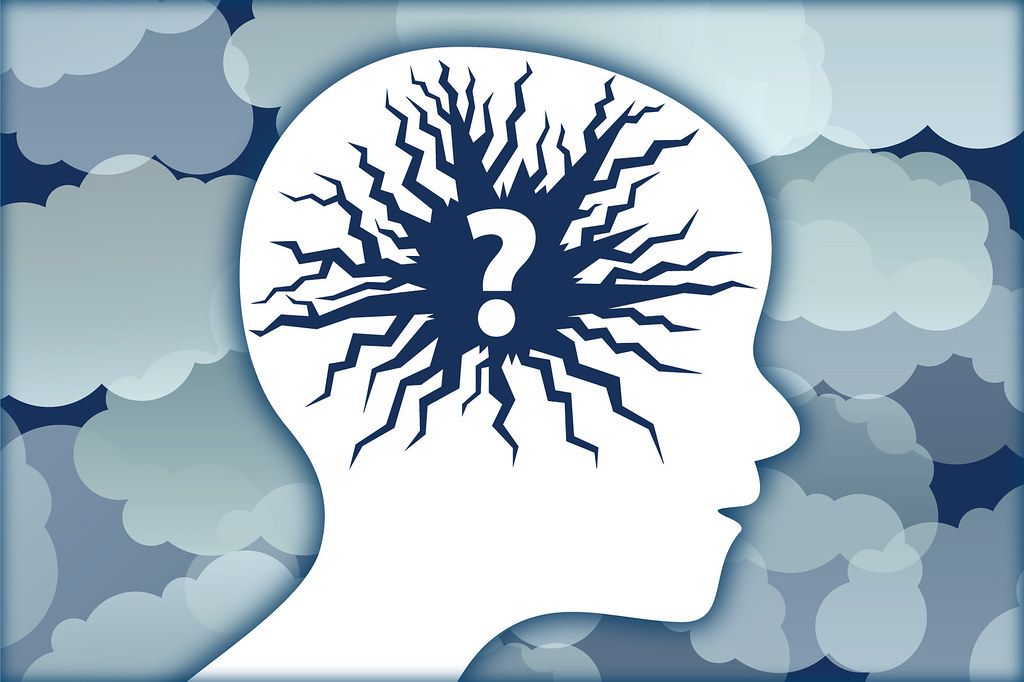What We Miss About Suicide Risk in Borderline Personality Disorder
-
by
Dr Constantina Katsari
- 2 Comments on What We Miss About Suicide Risk in Borderline Personality Disorder
When people talk about suicide prevention in mental health, the focus is usually on crisis signs we can see—rage, impulsivity, breakdowns. These signs matter. But recent research shows we may be overlooking some of the most dangerous predictors in those with Borderline Personality Disorder (BPD), especially over the long term. For carers—parents, siblings, partners—this isn’t just a clinical detail. It’s a matter of life and death.
A landmark study from the Collaborative Longitudinal Study of Personality Disorders (CLPS), published in JAMA Psychiatry, tracked over 700 people for ten years. It’s the longest, most rigorous study of its kind to examine what traits in BPD actually predict suicide attempts. And the findings are both powerful and quietly unsettling: the most dangerous predictors weren’t what most of us might expect.
Beyond What We’ve Been Told
Until now, suicide risk in BPD has often been pinned on impulsivity and emotional outbursts—symptoms that are more visible, more dramatic. But this new data shows that identity disturbance, chronic feelings of emptiness, and frantic efforts to avoid abandonment are just as important—maybe more so.
Over a decade, these three criteria stood out as independent risk factors for suicide attempts. Even after adjusting for substance misuse, childhood trauma, PTSD, and other diagnoses, these quiet, chronic features of BPD predicted which individuals were most at risk. These findings challenge what carers and clinicians alike have been trained to watch for.
Identity Disturbance: A Crisis You Can’t See
Identity disturbance—when a person has no stable sense of who they are—is not something you see in a single moment. But for the person experiencing it, the distress is constant. Without a solid sense of self, even small setbacks can feel annihilating. If you’re caring for someone with BPD, you may see this as them changing their goals, their values, or even their personality from day to day.
This shifting identity isn’t just confusing—it’s terrifying for the person living through it. The study found that individuals showing identity disturbance had more than double the odds of attempting suicide over 10 years. For carers, understanding this symptom isn’t just about labelling behaviour. It’s about validating an invisible struggle.
Emptiness Isn’t Just Sadness
Chronic feelings of emptiness might sound like ordinary sadness. But in BPD, it’s more like a black hole. People describe it as feeling hollow, disconnected, unreal. It’s not a mood—it’s a state of being. And it’s linked, strongly, to suicidal behaviour.
In the CLPS study, participants who reported this symptom were significantly more likely to attempt suicide—independent of depression or other clinical risks. This suggests that emptiness in BPD may operate through different psychological mechanisms than depression, demanding different responses from carers and support systems.
Abandonment Fears Can Be Deadly
“Frantic efforts to avoid abandonment” is one of the most recognisable BPD traits, often showing up as desperate texts, panic, or clinginess. But what’s less understood is how deeply tied this behaviour is to survival strategies. For someone with BPD, abandonment doesn’t feel like loss—it feels like death.
The study found that this symptom also doubled the risk of a suicide attempt. It reinforces what many carers have seen but may not have had words for: that moments of perceived rejection—real or imagined—can become flashpoints for crisis.
Why This Matters for Carers
Carers often stand in the shadows of the mental health system, excluded from conversations about risk because of confidentiality or overwhelmed services. Yet they are the ones on the frontlines when the crisis comes. They need the right information, not just the common wisdom.
This research highlights how traditional suicide risk assessments might miss the quiet indicators—the ones only carers can notice because they happen behind closed doors. If you know your loved one struggles with identity, lives with a sense of emptiness, or panics at the thought of being left alone, these are not background issues. They are core risks.
For BPD UK, this study reinforces our mission. We focus not on treating BPD itself, but on equipping those who care for someone with BPD. We teach carers how to notice the subtle shifts that signal rising risk. We offer tools not only for de-escalation but for building a sense of safety and connection that can prevent suicide attempts before they start.
Practical Steps for Carers
If you’re supporting someone with BPD and see these three symptoms—identity confusion, emptiness, abandonment fears—it’s vital to take them seriously. They’re not just hard-to-live-with traits. They’re clinically significant markers of suicide risk.
Start by:
- Listening without judgment when your loved one describes these feelings.
- Creating consistency in your relationship so they feel more grounded.
- Encouraging help from clinicians who specialise in BPD, particularly those who understand these features.
You can also use BPD UK’s AI-powered Coach to explore these issues in more depth. It offers practical, confidential guidance and information 24/7, including how to talk about risk without increasing panic, and how to spot the signs of emotional decline earlier.
Final Thought
Suicide prevention in BPD must evolve. It’s not just about reacting to self-harm or impulsive crises—it’s about recognising the chronic, painful inner states that make someone feel like there’s no way out. For carers, knowing this changes everything. It means your support—steady, informed, compassionate—can be the difference between surviving and not.
“Association of Borderline Personality Disorder Criteria With Suicide Attempts: Findings From the Collaborative Longitudinal Study of Personality Disorders Over 10 Years of Follow-up”, published in JAMA Psychiatry (November 2020). You can access the full article here:
🔗 https://jamanetwork.com/journals/jamapsychiatry/fullarticle/2772883
💬 Caring for someone with BPD?
👉 Book a FREE One2One support session
🧠 Join our FREE webinars and peer groups
📩 To book email us at: info.bpduk@gmail.com
Discover more from BPD UK
Subscribe to get the latest posts sent to your email.





Comments (2)
Megan
Embedded link for the JAMA article seems to be incorrect. Can someone post citation?
Dr Constantina Katsari
Hi Megan, thank you for this! We have now corrected the link!